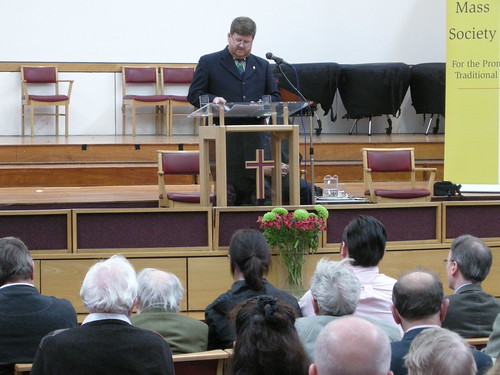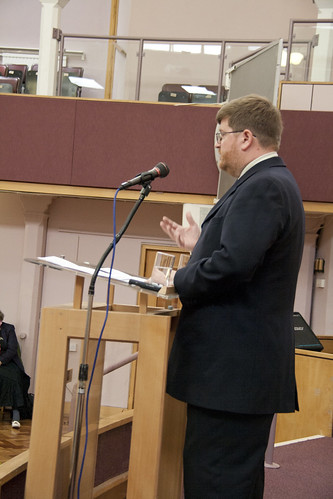A recent
article in The Telegraph shines a new light on Natural Family Planning ('NFP'): a smart-phone application means couples can replace periodic abstinence with periodic use of a condom, which will have no effect on the accuracy of the method, since this is based entirely on temperature. (This is not the case for the currently standard 'Billings' version of NFP.)
Couples adopting this approach will avoid the many hideous, and occasionally life-threatening (yes, thrombosis can kill you) side-effects of other methods of contraception. Since many methods can (and some invariably do) cause early abortions, it may be morally preferable as well, though this consideration won't be a motivating one for many secular couples.
I think that proponents of NFP would agree, however, that, if you take away the element of self-restraint and abstinence, a lot of what they say about the spiritual and relationship benefits of NFP would no longer apply. The stuff about being in tune with your body is still there, but while this is an appealing idea, it doesn't have any very obvious connection with Catholic spirituality. You're not a better person because you are 'in touch with your body'.
I don't know if this NFP app will take off, but it raises the question of the 'contraceptive mentality', to which, as a Catholic ethicist, I'd dearly love to give a proper definition. If this phrase means anything, it must apply to the couples supplementing fertility awareness with condoms.
An article
here argues that the 'contraceptive mentality' idea is a 'myth'. It points out correctly (more or less) that the intrinsically wrong contraceptive act identified by Catholic ethics has two components: an intention to perform a complete sexual act, and an intention to frustrate that act's potential for procreation. Used in the normal way, without condoms, NFP doesn't make room for this: there are no sexual acts whose fertility is impeded, only ones which weren't fertile in the first place. But that is exactly why we need a vaguer phrase like 'contraceptive mentality' to cover the clearly wrongful use of NFP to implement an intention, for example, not to have any children at all within marriage. This intention, if present at the time of the marriage ceremony, invalidates the marriage itself. It is rather different if the couple choose not to consummate the marriage; but if there are sexual acts, there is a need for them to be 'open to life' in a sense which goes beyond the requirement not to engage in contraceptive acts. The question is, what does this mean?
What is wrong with a married couple's intention, however implemented, not to have any children (while still having sex) is that it is contrary to the vocation of marriage. It would be like a priest who decides never to celebrate Mass. Married couples are called to have children. It may be that they can't have any, physically; it may be that they discover that pregnancy would be dangerous to the wife's health after marriage. But it remains the nature of the marital state that it is ordered to procreation.
The same would go for couples who use NFP to limit their family size in an unreasonable way. I'm not going to define what would be unreasonable, but just to take it for granted that there is such a thing, since everyone agrees (or should) that the just use of NFP requires 'reasons'. If couples limit the number of children unreasonably, then they are offending against the nature of their vocation.
This, I would suggest, is what it is to have a 'contraceptive mentality'. It is a mentality which is typically accompanied by contraceptive acts, but can also be put into practice using NFP. It is an attitude not open to life in accordance with the marital vocation, excluding children altogether or to an unreasonable degree.
It would follow from what I have said that it would not apply to non-married couples. Although contracepted fornication or adultery is worse than non-contracepted fornication or adultery, since the act has been deformed in an additional way, a blanket use of NFP would not be wrong, since the couple are not under an obligation to partake of the marital vocation in this way. On the other hand, they are attacking marriage in another way: from the outside, at it were.
Something I've skirted round here is continence in marriage: a decision not to engage in sex at all, either from the start, or at some time later, or temporarily, for a longer or shorter period of time. This finds a place in the history of Catholic spirituality. The logical conclusion of the practice is when a married couple agree to give up their marital rights in order to join monasteries. I think this case makes sense of the whole practice: it is the exchange of one vocation for another. Since the vocation to the religious life is the higher vocation, the exchange is a reasonable one, even if not formalised by public vows, and even if just a temporary arrangement to 'make time for prayer'.








